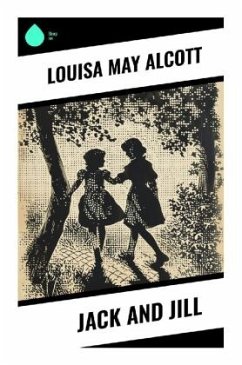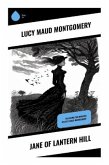In "Jack and Jill," Louisa May Alcott crafts a delightful narrative that captures the essence of childhood through the lives of two young cousins, Jack and Jill, who experience a transformative journey of growth and friendship. Written in Alcott's characteristic style, which intertwines realism with a touch of whimsy, the novel reflects the values of family, resilience, and the importance of moral integrity. Set against the backdrop of 19th-century New England, Alcott's work explores themes of social class, gender roles, and the innocent yet profound experiences of youth, while presenting a richly textured landscape of imagination and adventure. Louisa May Alcott, best recognized for her seminal work "Little Women," drew from her experiences as a member of the transcendentalist circle, heavily influenced by her father, Bronson Alcott's progressive ideals. Her dedication to exploring the inner lives of her characters often stems from her own childhood struggles and the hardships faced by her family. "Jack and Jill" showcases her talent for portraying the complexities of childhood and adolescence, revealing a keen insight into the emotional landscape of young minds. This charming tale is highly recommended for readers of all ages who appreciate a heartfelt look at the trials and tribulations of childhood. Alcott's rich characterizations and insightful reflections make "Jack and Jill" not just a story for children, but a timeless exploration of resilience and the bonds that unite us through shared experiences.
Bitte wählen Sie Ihr Anliegen aus.
Rechnungen
Retourenschein anfordern
Bestellstatus
Storno








